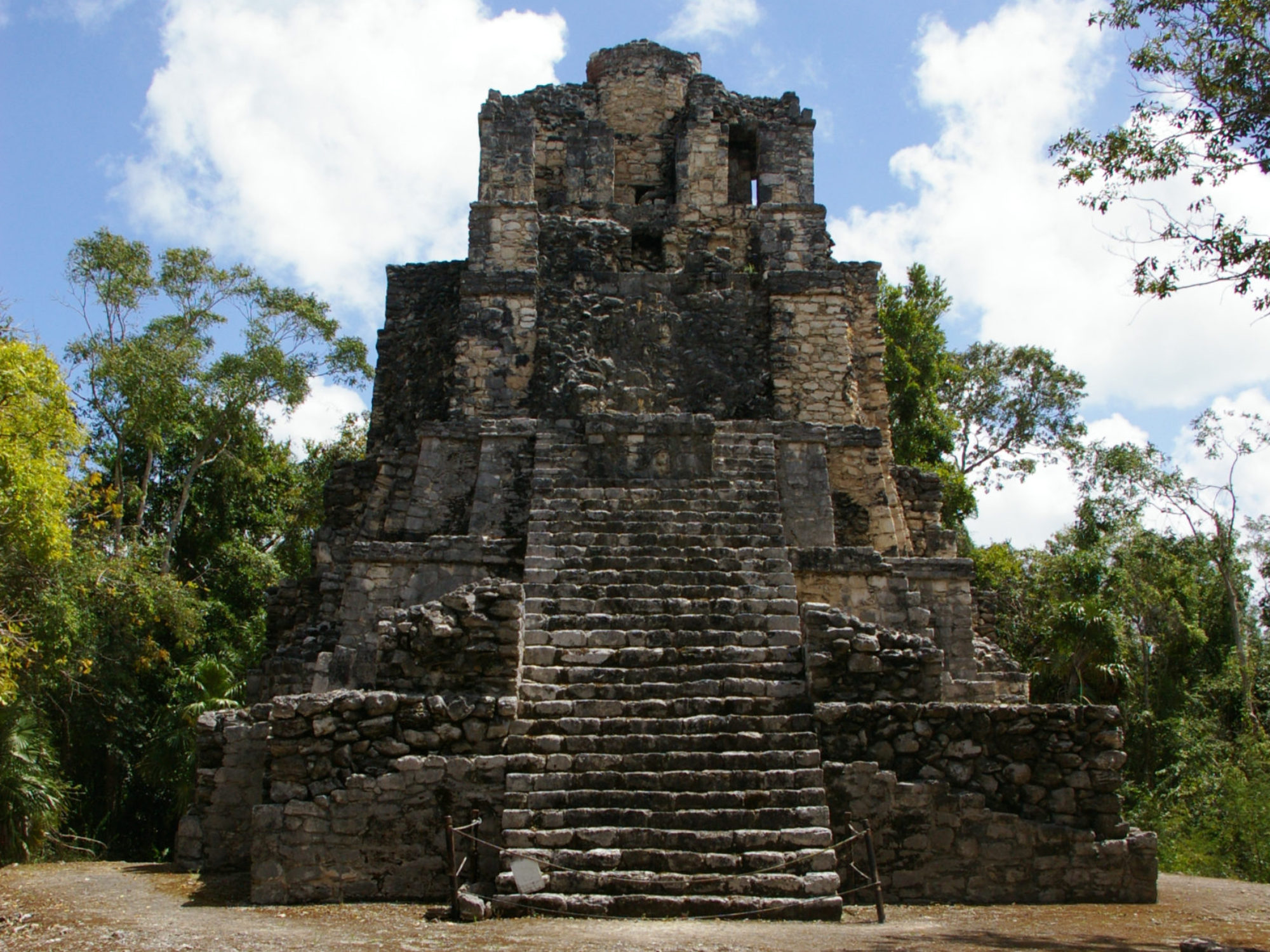March 9, 2024 Prof. Karl Taube, Univ. of California, Riverside: “Flower Mountain: Concepts of the Afterlife and Paradise in Ancient Mesoamerica.”
One of the striking but also subtle traits shared between native traditions of Mesoamerica and the American Southwest is the importance of flowers, esteemed not only for their sensual aspects of beauty and scent, but also as symbols of the soul and the afterlife, this being the “Flower World” complex first discussed by Jane Hill for Central Mexico and the Greater Southwest. This presentation illustrated that this complex of belief is extremely ancient, and can be readily traced to the Olmec (ca. 1200-500 b.c.), the time when maize agriculture became widespread in Mesoamerica. Along with discussing the symbolic significance of flowers, including their relation to the breath soul and music, It also described the related concepts of Flower Mountain and the solar Flower Road, a supernatural path embodied by the plumed serpent in both Mesoamerica and the American Southwest.
In addition to extensive archaeological and linguistic fieldwork in Yucatan, Professor Karl Taube has participated on archaeological projects in Chiapas, Mexico, coastal Ecuador, highland Peru, Copan, Honduras and in the Motagua Valley of Guatemala. Taube is currently serving as the Project Iconographer for the San Bartolo Project in the Peten of Guatemala. Taube has broad interests in the archaeology and ethnology of Mesoamerica and the American Southwest, including the development of agricultural symbolism in pre-Hispanic Mesoamerica and the American Southwest, and the relation of Teotihuacan to the Classic Maya. Much of his recent research and publications center upon the writing and religious systems of ancient Mesoamerica. He is Distinguished Professor of Anthropology at the College of Humanities, Arts, and Social Sciences, University of California, Riverside. He received his PhD in Anthropology from Yale in 1988.

